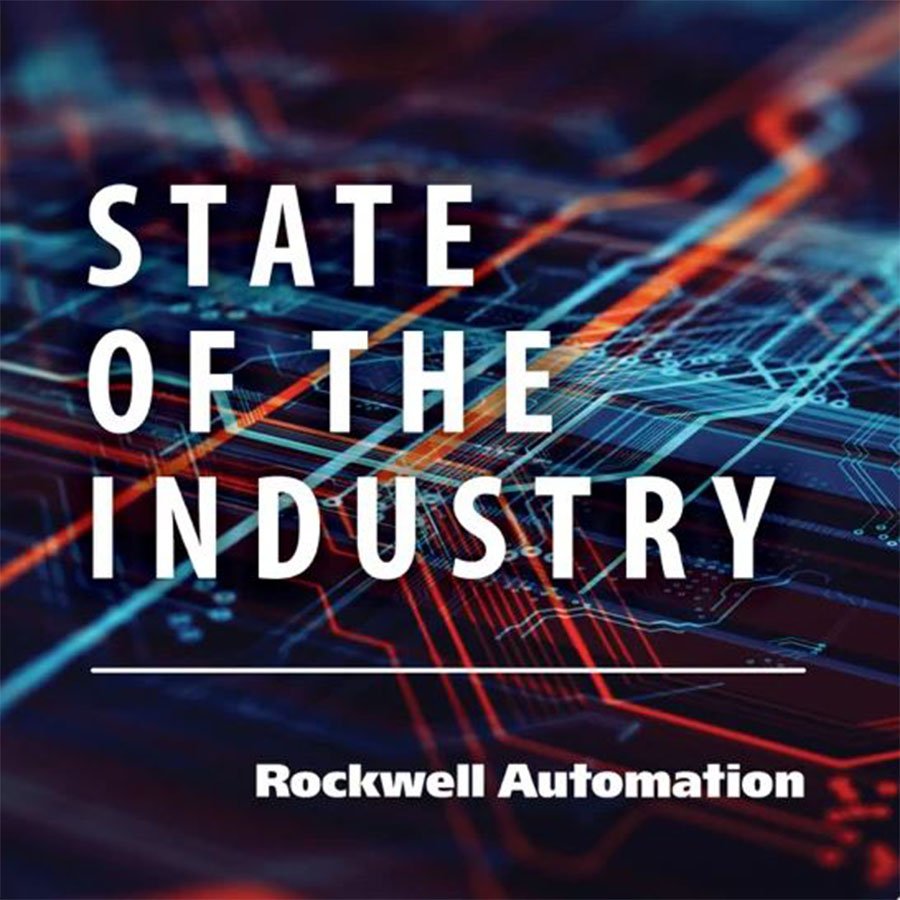Transforming The Supply Chain
Blockchain technology has the potential to completely transform the supply chain because it creates a secure and unchangeable record (ledger) of transactions that can be viewed and verified by every stakeholder at any time.
Because of the way blockchain operates, it holds records of data and events that make those records tamper-resistant. You can see it, add to it, but you can’t change what happened, and you can’t delete it. The information is a permanent record.


